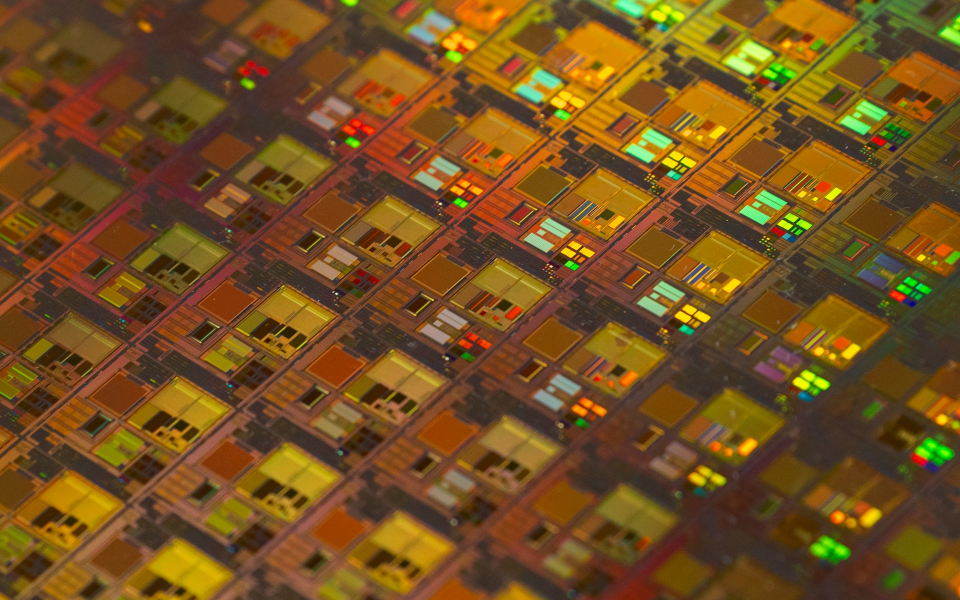Morgan Stanley has positioned Aspeed Technology at the forefront of its stock picks, highlighting the company's exclusive partnership with Nvidia
What Happened: Morgan Stanley analysts have named Aspeed Technology, a fabless chip designer from Taiwan, as its top stock pick, CNBC reported on Monday. Aspeed is recognized as a "unique Nvidia proxy" due to its role as the sole supplier of a critical component for Nvidia's artificial intelligence graphics unit, the GB200.
According to the financial institution, Aspeed's position is further cemented by the lack of near-term competition. Analysts from Morgan Stanley highlighted in a note from June 7 that Aspeed is integral to the adoption of Nvidia's Omniverse, a 3D graphics collaboration platform. They anticipate Aspeed will gain additional traction in smart city and factory projects, which should positively influence the company's gross margins.
Morgan Stanley also pointed out the potential for Aspeed's non-BMC business, which currently represents a mere 10% of its total revenue, to contribute to an overall upward trend in gross margins. With an estimated gross margin of 90% at an average selling price of $100 per chip, Aspeed's financial outlook appears robust.
The bank's analysts are optimistic about the cloud capital expenditure growth, which is expected to benefit the entire data center supply chain, including BMC processors like those supplied by Aspeed. They forecast a 44% year-on-year growth in cloud capital expenditure in 2024, a significant jump from the 2% growth in 2023. This growth is anticipated to be driven by the big four hyperscalers: Meta
Reflecting this positive outlook, Morgan Stanley has raised its price target for Aspeed to 5,150 Taiwanese dollars (around $159), suggesting an approximate 20% upside. For international investors interested in Aspeed, the stock is accessible through international brokers or via exchange-traded funds, such as the Global X Emerging Markets ex-China ETF
Why It Matters: The elevation of Aspeed Technology by Morgan Stanley comes at a time when sovereign AI investments are accelerating sales growth for Nvidia. With governments across Asia, the Middle East, Europe, and the Americas investing billions into domestic AI computing facilities, Nvidia is poised to see a revenue surge, potentially reaching nearly $10 billion this year.
However, despite the optimistic outlook for Nvidia and its partners, Nvidia's stock has experienced a downturn, trading lower for the third consecutive day. This follows a period of significant growth, where Nvidia's market cap exceeded $3 trillion. The recent pullback in Nvidia's stock price, even after a 10-for-1 stock split aimed at making shares more accessible to retail traders, underscores the volatile nature of the tech market.










